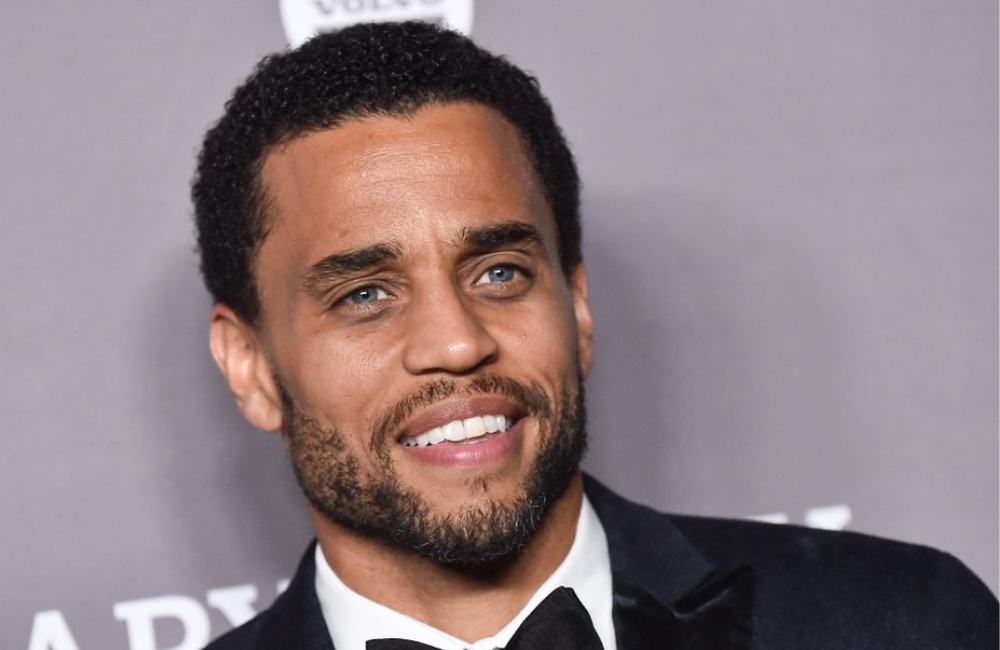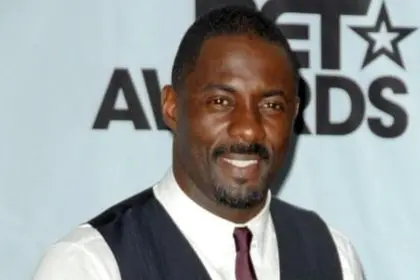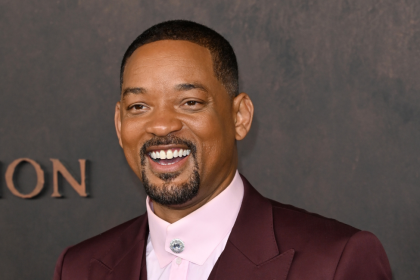In the world of acting, some roles leave an indelible mark on both the performer and the audience. For Michael Ealy, his portrayal of Beau Willie in Tyler Perry’s 2010 film For Colored Girls continues to resonate more than a decade later, shaping public perception and challenging the boundaries between art and reality.
The weight of Willie
Ealy’s performance as Beau Willie, a war veteran grappling with PTSD and abusive tendencies, was a tour de force that still sends shockwaves through viewers. The character’s arc culminates in a gut-wrenching scene where he drops his children from a high-rise window after his partner rejects his marriage proposal.
“Beau still sticks with me to this day,” Ealy confessed in a recent SpringHill interview. The gravity of the role and its themes have left an emotional residue that the actor carries with him, a testament to the power of his performance and the story’s impact.
When fiction bleeds into reality
The line between actor and character often blurs in the public eye, a phenomenon Ealy has experienced firsthand. “People still hold it against me, personally,” he revealed, describing encounters where onlookers react with alarm when seeing him with his own children. “Girl, get them kids away from him,” is a refrain he’s heard more than once, highlighting the visceral response his portrayal continues to evoke.
This conflation of actor and role caught Ealy off guard. “It’s not something you expect as an actor when you first start out,” he mused. Yet, he views this lasting impression as a double-edged sword – a compliment to his craft and a challenge to his public persona.
The art of lingering characters
Ealy’s experience with Beau Willie isn’t isolated. He points to Ricky from Barbershop, a role he inhabited over two decades ago, as another character that has stuck with him. These enduring associations underscore the depth of Ealy’s performances and the connections audiences form with his on-screen personas.
“To a certain extent, from an artistic standpoint, that’s a compliment,” Ealy reflected, acknowledging the power of a performance that resonates long after the credits roll. “Either that or they just think I’m freaking crazy,” he added with a hint of humor, navigating the complex terrain between artistic achievement and public perception.
Beyond the screen: Ealy’s real-life role
In stark contrast to his troubled on-screen character, Ealy’s personal life paints a picture of stability and joy. Married to Khatira Rafiqzada since 2012, the couple shares two children: son Elijah Rakim and daughter Harlem Quest. Their love story, beginning with a marathon 12-hour first date, serves as a heartwarming counterpoint to the intense roles Ealy takes on.
The actor’s devotion to his family shines through in his annual celebration of his first date anniversary with Rafiqzada every Feb. 16th. This glimpse into Ealy’s off-screen life offers a poignant juxtaposition to the complex characters he embodies on film.
The price and privilege of transformation
Ealy’s journey with Beau Willie highlights the double-edged nature of powerful performances. While the role showcases his range and commitment as an actor, it also demonstrates the potential costs of deeply inhabiting a character, especially one as troubled as Willie.
The actor’s ability to elicit such strong reactions years after the film’s release speaks to the enduring impact of For Colored Girls and Ealy’s skill in bringing difficult stories to life. It raises questions about the responsibility of actors in portraying complex, often controversial characters, and the long-term effects these roles can have on their careers and personal lives.
As Ealy continues to navigate his career, balancing challenging roles with his real-life responsibilities, he stands as a testament to the transformative power of acting. His experience with Beau Willie serves as a reminder of cinema’s ability to provoke thought, stir emotions and leave lasting impressions on both those who create it and those who consume it.
In an industry that often prioritizes fleeting fame, Ealy’s enduring connection to his roles – for better or worse – underscores the profound impact of storytelling. As he moves forward, audiences will undoubtedly continue to be captivated by his performances, even as they grapple with the complex emotions and reactions they inspire.















